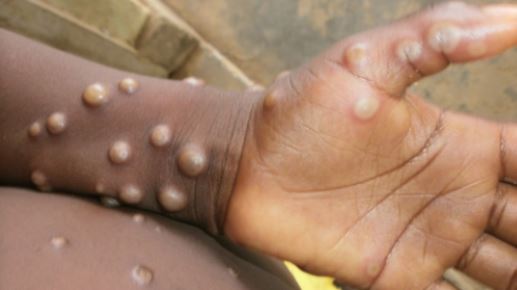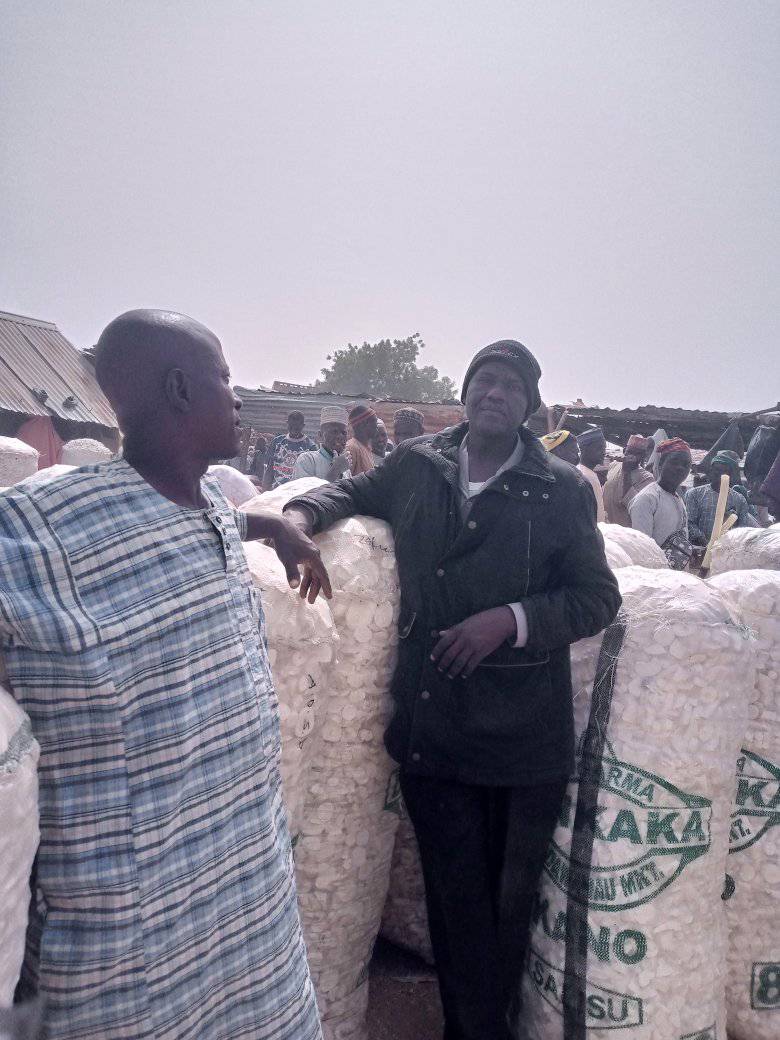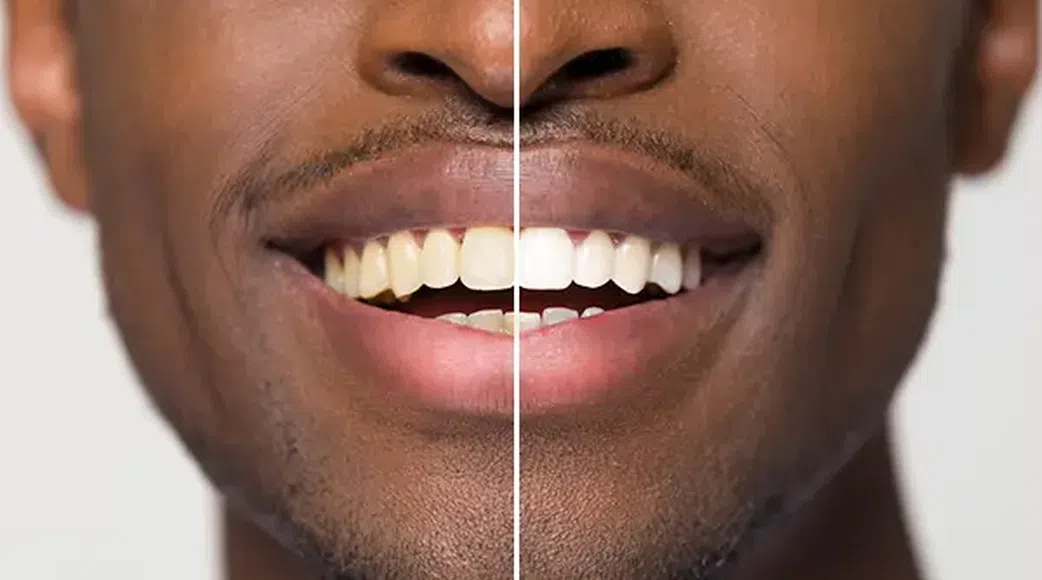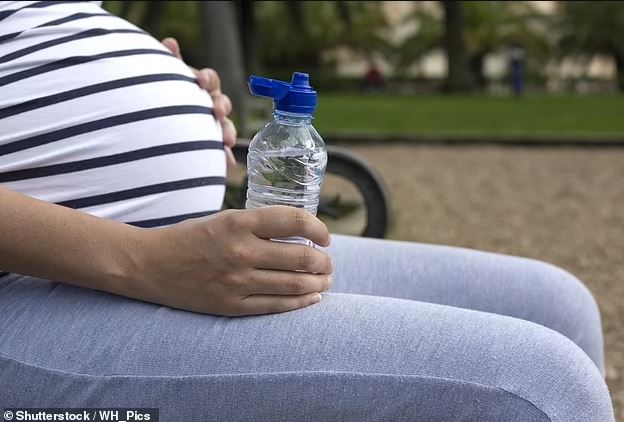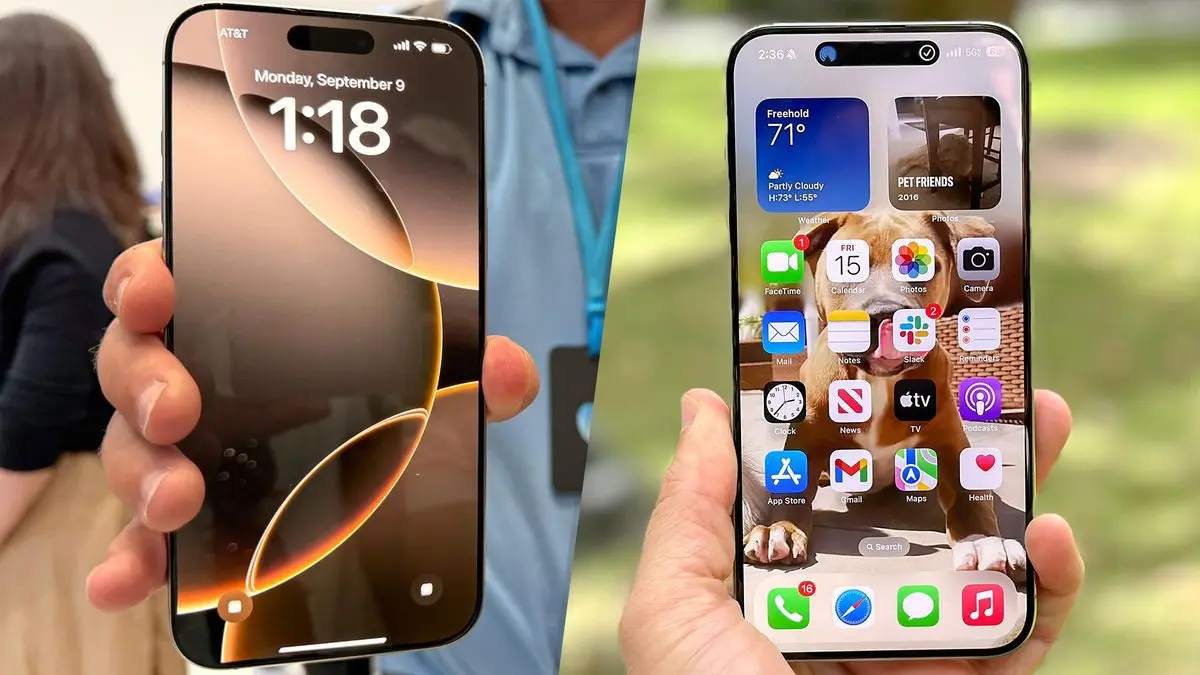Monkeypox is a disease caused by a virus. It was first found in laboratory monkeys. Monkeypox is a common animal disease of rodents, such as mice and squirrels, in the Central and West African rainforests. The public health department needs to be informed of a monkeypox infection. It is a public health concern because the infection spreads quickly.
How is monkeypox spread to humans?
The virus can enter through a cut in your skin, or through mucus membranes (eyes, nose, or mouth). You can also breathe it in. Any of the following can increase your risk for monkeypox:
- A bite or scratch from an infected rodent, squirrel, or prairie dog
- Direct contact with skin sores, blood, or body fluids of an infected person or animal
- Direct contact with bedding or other items used by an infected person or animal
- Breathing in air contaminated with the germs after an infected person coughed or sneezed
What are the signs and symptoms of monkeypox?
Fever is usually the first symptom, followed by a rash 2 to 3 days later. The rash is first seen on the middle of the body. The rash later spreads to the arms, legs, and head. Rashes may start as a blister or a raised bump filled with pus. The rash may later get crusty, scab over, and fall off. It is common for lymph nodes to get big and swollen. Lymph nodes in the neck, back of the neck, groin, and armpits may be affected. You may also have any of the following:
- Chills and sweats
- Headaches, backaches, or muscle pains
- Feeling more tired than usual
- Sore throat or cough
- Shortness of breath
How is monkeypox diagnosed?
Your healthcare provider will examine you and ask about your symptoms. Tell him if you had any recent animal bites. Tell him if you have recently cared for or visited a person who has monkeypox. You may also need any of the following:
- Blood tests are used to check for the monkeypox virus.
- A biopsy is a procedure uIkvesed to take a sample to be tested. Healthcare providers may collect samples of skin, fluid from the blisters, or crust from the sores. These samples will be tested for the monkeypox virus.
- A throat swab culture is used to take a sample from your throat to be tested for the virus. A throat culture is done by rubbing a cotton swab on the back of your throat.
How is monkeypox treated?
Medicines may be given to treat symptoms such as fever, pain, or coughing. A smallpox vaccination may be given to help your body fight the monkeypox virus. You may need immune globulins or antiviral medicines if your symptoms are severe.
What can I do to manage my symptoms?
- Eat a variety of healthy foods. Healthy foods include fruits, vegetables, whole-grain breads, low-fat dairy products, lean meats, fish, and beans. Healthy foods may help you feel better and have more energy.
- Rest as needed. You may feel like resting more. Slowly start to do more each day. Rest when you feel it is needed.
What can I do to prevent the spread of monkeypox?
Your healthcare provider will report your monkeypox illness to the public health department. Do the following until your healthcare provider says that you can no longer spread monkeypox to others:
- Do not go to work, school, or other public areas until your healthcare provider says it is okay. You may still be able to give monkeypox to others even after you feel better.
- Tell healthcare providers that you may have monkeypox before they come in direct contact with you. They need to take steps to protect themselves and their staff from the virus.
- Wash your hands often. Wash your hands several times each day. Wash after you use the bathroom, change a child’s diaper, and before you prepare or eat food. Use soap and water every time. Rub your soapy hands together, lacing your fingers. Wash the front and back of your hands, and in between your fingers. Use the fingers of one hand to scrub under the fingernails of the other hand. Wash for at least 20 seconds. Rinse with warm, running water for several seconds. Then dry your hands with a clean towel or paper towel. Use hand sanitizer that contains alcohol if soap and water are not available. Do not touch your eyes, nose, or mouth without washing your hands first.
-
- Avoid being around others whenever possible. Limit your movement inside your house. Limit visitors. Wear a mask when other people are in the room with you. Have your visitors wear masks. Cover your mouth and nose when you sneeze or cough. Wear clothing that covers your rash when you must be around other people. This may include long sleeves and long pants.
- Your family members, visitors, and coworkers should pay special attention to how they feel. They should watch for fever or signs of sickness for 3 weeks after visiting you. Anyone who develops a fever or rash should call his healthcare provider right away.
How do I safely care for someone who has monkeypox?
- Have the person stay in one part of the home. Do not allow visitors or pets in that area if possible. Have the person wear a mask when other people are in the room. Everyone should wear a mask when in the person’s room.
- Clean surfaces often. Use a disinfecting wipe, a single-use sponge, or a cloth you can wash and reuse. Use disinfecting cleaners if you do not have wipes. You can create a disinfecting cleaner by mixing 1 part bleach with 10 parts water. In the kitchen, clean countertops, cooking surfaces, and the fronts and insides of the microwave and refrigerator. In the bathroom, clean the toilet, the area around the toilet, the sink, the area around the sink, and faucets. Clean surfaces in the person’s room, such as a desk or dresser.
- Do not share beddings, linens, or eating utensils with the person. These items may be used again after they have been cleaned with hot water and soap.
- Pay close attention to how you feel. See your healthcare provider if you get a fever, rash, or start feeling sick within 3 weeks of being exposed to monkeypox.
What should I do if I think my pet has monkeypox?
- Any pet may get infected with monkeypox. If you think your pet may have been exposed to monkeypox, call your veterinarian. Your pet may need to be kept away from people and other animals. Keep the animal in a room that is away from the rest of the house.
- If your pet has been exposed to the monkeypox virus, do not release it into the wild or give it to an animal shelter. Your pet may be dangerous to other animals and people.
- Wear single-use gloves when you handle your pet or objects that have come in contact with your pet. Wash your hands with soap and warm water after you remove the gloves.
- If you have an animal that you think has died from monkeypox, put it in a sealed plastic bag. Put that bag into a second sealed plastic bag. Wear disposable gloves to do this and wash your hands after. Call your veterinarian or local health department so they can take the animal away. Do not bury the animal or throw it or its belongings in the garbage.

